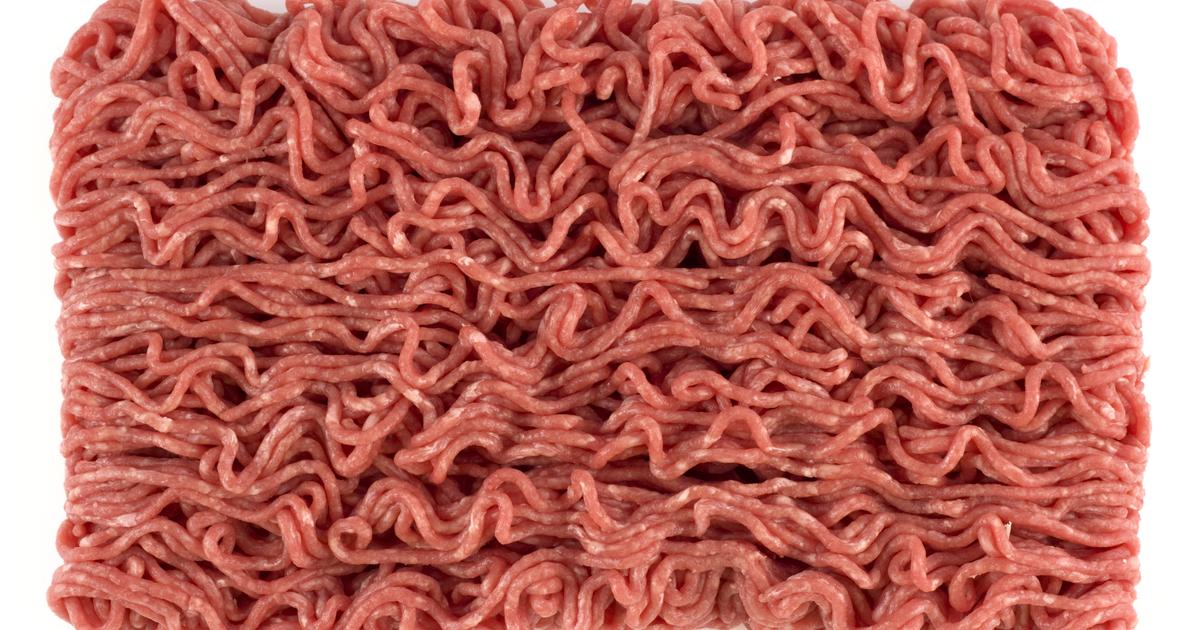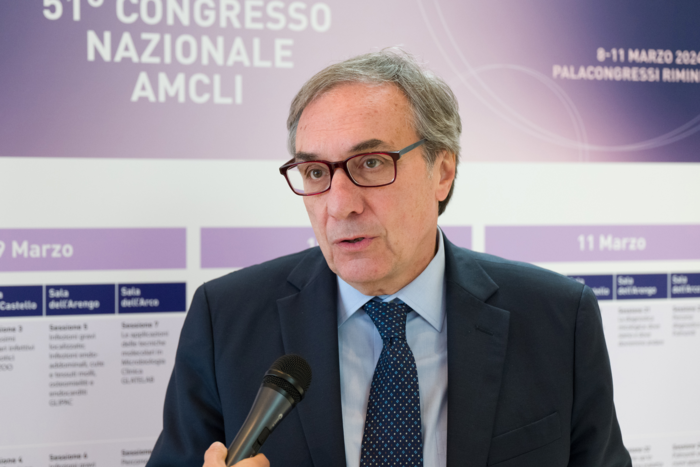No fever juice: pharmacists appealed to refrain from buying hamsters
Created: 01/04/2023, 15:00
By: Michaele Heske
Also mixes ointments and recipes himself if the raw materials are available: pharmacist Stephan Seibert.
Bottlenecks have been a problem for years Job profile is changing © MHE
Shortage of medication: pharmacist appeals to parents to refrain from buying hamsters.
Dorfen
– Cough, runny nose, sore throat, flu, corona or other infections: Almost every second person in the district is currently feeling sick.
A wave of respiratory infections in children not only pushes hospitals and paediatricians to the limit, but also pharmacists.
fever juice?
Out of.
antibiotics?
No chance.
Many medicines are also not available in Erdinger Land.
A challenge for Stephan Seibert.
At the turn of the year, the pharmacist took over the Marie pharmacy in Dorfen, where he had been working for several months.
(By the way: everything from the region is now also available in our regular Erding newsletter.)
Seibert, 34 years old, is standing at the counter. Contact with people is important to him.
"I like being at the forefront and advising customers on all health-related issues," he says.
For example, which medicine helps with cold symptoms, or which means strengthen the immune system.
These days he finds his job frustrating because more and more parents come and ask: Do you have fever juice?
"We then make sure that we find solutions, even if the drug is not in stock," explains Seibert.
But the younger the offspring, the more difficult the alternatives, because suppositories are also becoming increasingly rare.
Instead of fever juice there are tablets, but the dosage is extremely difficult for children under one and a half years.
Sometimes he gets twelve bottles of fever juice delivered, then again there are only two.
"There were always delivery bottlenecks - but it was never that bad," says the pharmacist, who previously worked in a pharmacy in Kolbermoor.
Making the juice yourself is difficult, he says: "There is a lack of raw materials." That's why he appeals to parents to refrain from buying hamsters: "You don't need four or five bottles in stock."
Painkillers, antibiotics, anti-cancer drugs and also anti-hypertensive and anti-diabetic drugs: the shortage has long affected not only niche products, but many common drugs.
Seibert therefore consults with the doctors more and more frequently: "There are alternatives to most medications," he explains.
Depending on the indication, the dose is sometimes halved or doubled, then other active ingredients are used again.
"We have to do a bit of tricking, but we'll manage to provide the citizens with medication."
The general shortage of medicines is a problem that has existed for years.
“The reason is the high pressure on prices and manufacturing costs of generics, which is why many manufacturers have stopped production.
However, the remaining manufacturers cannot compensate for the loss of production,” he explains the problem.
The fixed price regulation in Germany has also led to a migration of production to low-wage countries such as China and India.
"There are now supply chain problems there, also because of the previous corona pandemic, which in turn leads to supply bottlenecks."
Seibert studied in the USA, where he also did his bachelor's and master's degrees.
Then he returned to his hometown of Kolbermoor in the district of Rosenheim and got his license to practice.
The job description of the pharmacist is currently changing, he says.
"Pharmacists are becoming more and more service providers and healthcare professionals."
It is now allowed to take blood pressure measurements or to advise customers holistically, for example by analyzing the medication and how they interact.
Also, more ointments and recipes are being mixed again, he says happily: "It's important to me not only to fill in prescriptions, but to help the customers."
mhe









